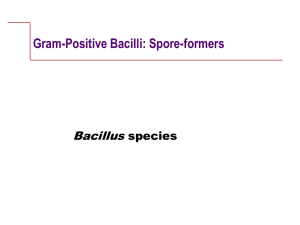this document - the Enhancement Themes website
advertisement
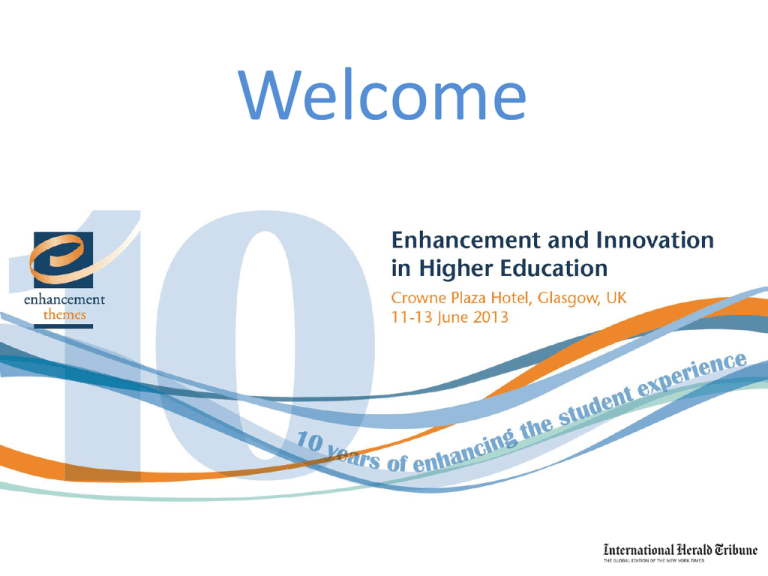
Welcome Jan Wilmington MA DR Nina Saunders Active Learning Outside the Classroom. • • • • • • • Outcomes of the workshop Explore the synthesis between theory and practice Challenge assumptions Provide an opportunity for delegates to stretch out of their personal zones of comfort Promote critical thought Enhance understandings of reflective practice Offer an opportunity for delegates to try problem solving and reviewing activities that can be adapted for purpose Give delegates more confidence in taking learning outside the classroom Jan Wilmington MA DR Nina Saunders Active Learning Outside the Classroom. Managing change through the process of reflective practice and reflexivity is part of transformative learning. Jan Wilmington MA DR Nina Saunders The experience drawn upon for this Conference workshop is a 3 day 2 night residential in the Cairngorm National Park delivered as a Reflective Practitioner module as part of the BA in Education and Social Services degree course at the University of Strathclyde. Jan Wilmington MA DR Nina Saunders Some theory underpinning the BAESS Reflective Practitioner module and drawn upon for this workshop. Dewey, J. Gilligan, R. Kolb, D. Mezirow, J. Moon, J. Bolton, G. Seligman, M. Schon, D. Pedler, Burgoyne and Boydell Experience and Education Resilience Learning cycles Learning as transformation Reflection & reflective learning journals Reflective practice Flourishing and theory of happiness & wellbeing Reflecting (for-action) in - action & on - action Reflective process & writing Jan Wilmington MA DR Nina Saunders A note on Resilience … “Normal development under difficult conditions” (Fonagy et at 1994) “…a set of qualities that helps a person to withstand many of the negative effects of adversity.” (Gilligan 2000) “Resilient people…are those whose mental well-being is far better than might have been predicted given the adversities that they have encountered. Resilience is not simply an absence of psychological symptoms despite having experienced adversity, it is the possession of a positive adaptive ability that enables a person to feel competent…” (Daniel 2003) Jan Wilmington MA DR Nina Saunders Pedler Burgoyne and Boydell expanded and simplified Kolbs learning theory and developed the model of: Something happened. The brief outline or description of an event. i.e. We came to a conference on Enhancement and Innovation in Higher Education What happened? Interpretation of what is was that happened. So what ? What meaning does this have to you personally or professionally? What now? What are you going to do with what you have discovered and how are you going to do it? This model of reflective questioning is useful when writing and this is the model we use to facilitate the review and reflective process in todays workshop. Jan Wilmington MA DR Nina Saunders Workshop Activities: If you have any physical or emotional issues that may be affected by participation, please take a step back and observe. There is no need to explain or justify your decision. We ask that 2 people per group act as silent observers. The observers will have an observation sheet on which to make notes. If electing to be an observer, please be ready to share your observations with the wider group. Jan Wilmington MA DR Nina Saunders Reviewing the experience To complete the cycle of todays workshop we will be using a variety of reviewing materials and ‘tools’. Some of the reviewing activity we will share within the workshop today and some you may be able to take home with you. Jan Wilmington MA DR Nina Saunders Research with students who have participated in the Outdoor Residential Experience discussed in this workshop currently indicates: A strongly developed awareness of the synthesis between theory and practice. Living communally increased understanding of how to ‘be’ with people and raised awareness of different languages of communication. Developed inter and intra personal skills. Being in the outdoors provided an environment where individuals felt able to question (explore and discuss) taken for granted assumptions. Developed strong feelings of wellbeing. Identified and increased resilience. Further reading Beams, S., Higgens, P., Nicol,R. (2012) Learning outside the classroom. Routeledge: Oxon Bolton, G. (2012) Reflective Practice: writing and professional development. London: Sage Bronfenbrenner, U. (1979) The ecology of human development. London: Harvard University Press Daniel, B. (2003) The value of resilience as a concept for practice in residential settings, Scottish Journal of Residential Child care, 2, 1: 6-17. Dewey, J. (1997) Experience and Education. New York: Touchstone Fonagy, P., Steele, M., Higgitt, H. and Target, M. (1994) The theory and practice of resilience, The Journal of Child Psychology, 35, 2: 231-257. Friere, P. (1996) Pedagogy of the oppressed. London: Penguin Books Gilligan, R. (2000) Adversity, resilience and young people: the protective value of positive school and spare time experiences, Children and Society, 14, 3: 37-47. Grenville- Cleave, B. (2012) Positive psychology: a practical guide. London: Icon Books Ltd. Jeffs, T., Smith, M. (2010) Informal Education: conversation, democracy and learning. Nottingham: Educational Heretics Press Kolb, D. (1984) Experiential learning as the science of learning and development. Englewood Cliffs NJ: Prentice Hall, Mc Drury & Altero, M. (2003) Learning Through Storytelling in higher Education. Kogan Page: London Mezirow, J & Associates. (2000) Learning as transformation. San Francisco: Jossey Bass Moon, J. (1999) Learning journals. London: Kogan Page Moon, J. (2010) Reflection in Learning and Professional Development: theory and practice. London: Routledge Falmer Pedler, M., Burgoyne, J.G. and Boydell, T (2003) A managers guide to leadership. McGraw Hill: Maidenhead Seligman, M. E. P. (2011). Flourish: A visionary new understanding of happiness and well-being. Free press. New York. Schon, D.A. (2007) The Reflective Practitioner. How professionals think in action. Aldershot: Ashgate Publishing Ltd. Jan Wilmington MA DR Nina Saunders We hope you have enjoyed todays session and have found something within it useful for your own practice. Should you wish further information about the activities or anything discussed at todays workshop please speak with us or contact: jan.wilmington@strath.ac.uk nina.saunders@strath.ac.uk
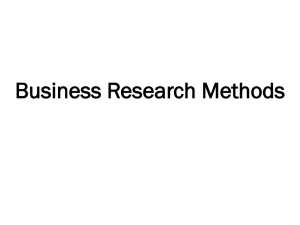
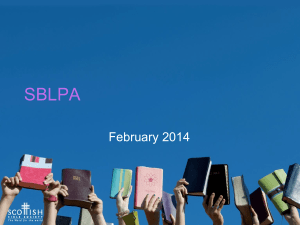
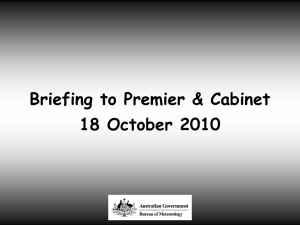
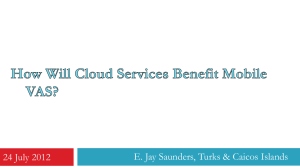
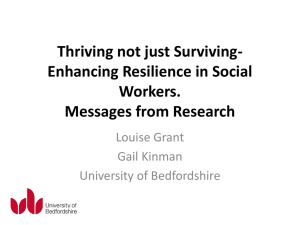
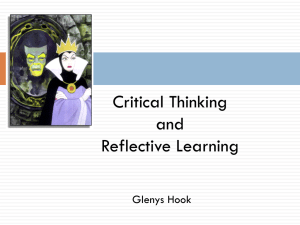
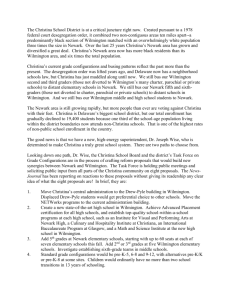
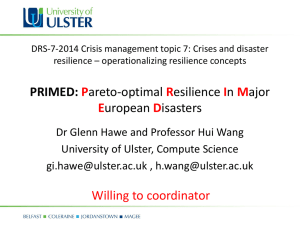
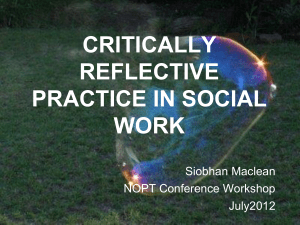
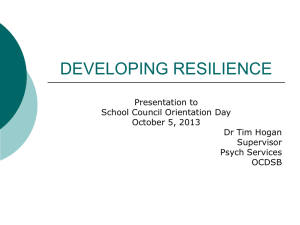
![presentation [MS PowerPoint 189KB]](http://s2.studylib.net/store/data/005263596_1-69d08c3f7e80bd1aee48ef31e66ebbc5-300x300.png)
